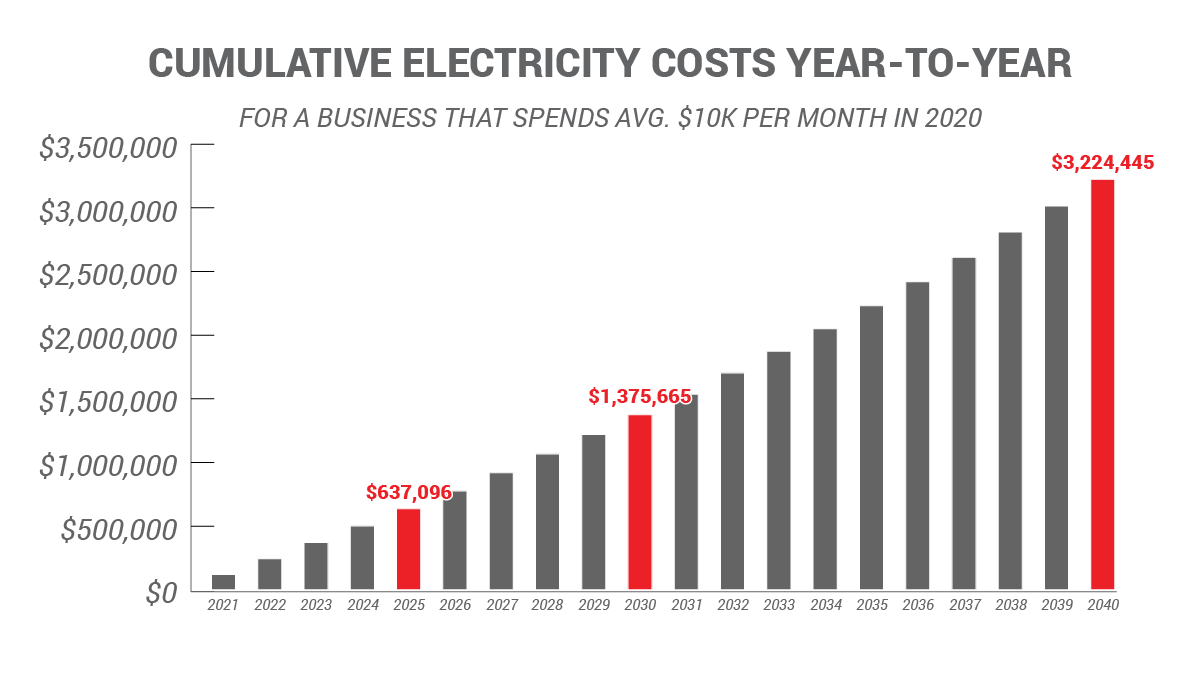
Business and sustainability - it’s not a tradeoff, it’s a growth, risk mitigation, and cost savings opportunity that has brand and fiscal value
The right strategy can be vital in planning, protect against regulatory, reputational and climate risk, add brand value, assess financial materiality, save on energy costs, identify tax incentives, and enhance long term financial viability
Over half of global GDP (Gross Domestic Product) is moderately or highly dependent on nature, to the tune of $44 trillion in economic value generation (source: World Economic Forum and PwC).
In 2023, 22 states created pro-ESG laws and 18 created anti-ESG laws (source). Whether it’s the IRA (Inflation Reduction Act), the SEC regulations, local regulations (BEUDO, BERDO and more!), Extended Producer Regulations (EPR), or state requirements, we can help you to take advantage of incentive programs and stay ahead of what is on the horizon
Companies that place importance on environmental, social, and governance factors have seen profits rise 9.1% and revenues grow 9.7% over the past three years (source).
More than 80% of company leaders plan to voluntarily align with environmental reporting standards, even when it’s not required (source: Harvard Law School Forum on Corporate Governance, April 2025)
“Investors factor sustainability into risk assessments, consumers expect transparency, employees scrutinize corporate commitments, and business partners demand accountability. In a recent Workiva survey, 97% of C-Suite and other executives agreed that sustainability reporting creates value beyond compliance” (source)
More than half of CEOs expect significant returns from their investments in sustainability by 2030. (KPMG)
80% of C-suite leaders reported that their employees have already or soon will impact their sustainability plans (Deloitte)
69% of employees believe that their company should be committing resources towards sustainability efforts, including work that reduces waste and energy use (Deloitte)
While saving the earth is important, you have a business to run. The good news is that they are not mutually exclusive.
According to Ernst & Young, companies that implement these strategies have seen positive impacts on risk management, innovation and brand value. In addition, 89% of consumers worldwide would like to see mandatory environmental reporting and disclosures (source)
Testimonials
“Meredith gave us a clear and detailed presentation. Her data set was thorough. She did a great job of providing us with some cost saving ideas with regards to our heat and cooling systems, and energy usage.”
“Your commitment, professionalism, work ethic, natural leadership and teamwork, curiosity, and caring approach to everything has always made you stand out. You have made so many different and important contributions - you have strengthened our business and our clients. And you made every team you touched better”
“This report was at an exceptionally high level of quality. I have chaired over a dozen dissertations, and know research, and the presentation of research quite well. The level of depth, quality, and clarity of this analysis and the presentation was of the highest level. ”











